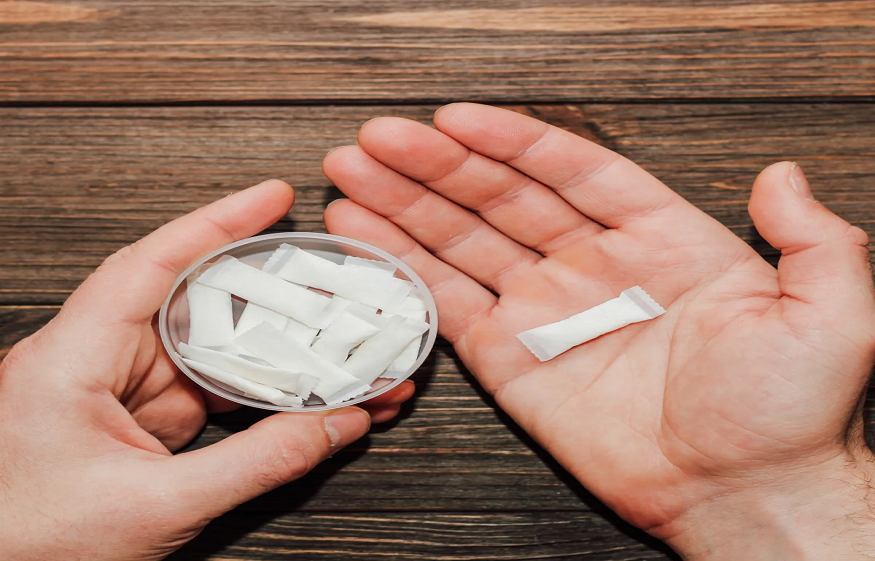Substance Abuse & Addiction Among Healthcare Professionals
Some may argue, and there’s ample evidence to back up the claims that drug problems in doctors are related to the medical specialties where they’re regularly in contact with addictive drugs. Ease of access, lack of early detection, stress, and the link with the physician are other problems associated with physician drug use. Studies have found that up to 15% of healthcare professionals will battle substance abuse at some point during their careers.
Just as with anyone who’s experiencing a problem with substance abuse, the treatment can help. Thanks to treatment programs specifically geared toward professionals, addicted doctors can successfully have healing recovery for nutrition and substance abuse.
What happens when a physician is so impaired that he or she starts making costly, even fatalerrors, inpatient care? Intervention on a professional level is usually mandated formally by a licensing board, hospital, malpractice or other agency, or informally by employers, colleagues, and family members.
The emergence of a professional program to treat doctors with substance use, the so-called impaired physician program, or physician health programs has resulted in thousands of doctors being able to reclaim their lives. Physician health programs are an effective alternative to punishing drug-addicted doctors. In essence, they are special programs that combine referral to treatment, monitoring, and rapid responses to doctor non-compliance.
The Impaired Physician Program uses state-of-the-art and evidence-based methods that have been widely reported in the medical literature. Participation in an addiction treatment program such as the Impaired Physician Program, when coupled with long-term monitoring, results in a five-year return to work and recovery rates of more than 80% for physician addicts. When a physicianaddict enters a recovery program, he or she is offered comprehensive screening and evaluation regarding substance abuse disorders.
The key to effectively overcoming addiction to alcohol and drugs by physicians is long-term monitoring. It is more than the threat of what can happen with non-compliance that motivates doctors to stick with impaired physician health programs. Eventually, the doctors gravitate toward wanting to change their behaviors.
In a simplified way, what works is a little of the carrot and stick approach. If they relapse, they may face losing their medical licenses for good. If they stick with it, they may be able to beat their addiction and be in an effective recovery for the long term. Such monitoring involves frequent and random urine testing. While programs for treating addicted doctors may differ, in general, the measures include group and individual therapy, residential and outpatient programs, surprise workplace visits from monitors, and links to 12-step programs such as Alcoholics Anonymous and Narcotics Anonymous. In addition, doctor-patients receive treatment not just for drug problems but also for accompanying medical or psychiatric disorders. In most cases, the doctors pay for their treatment, drug tests, and follow-up care.
The popular show on Fox television titled House brought home to millions of viewers is how insidious addiction is and the fact that anyone can become addicted. It takes a great deal of courage and determination to overcome addiction, but with treatment, anyone can do it.



